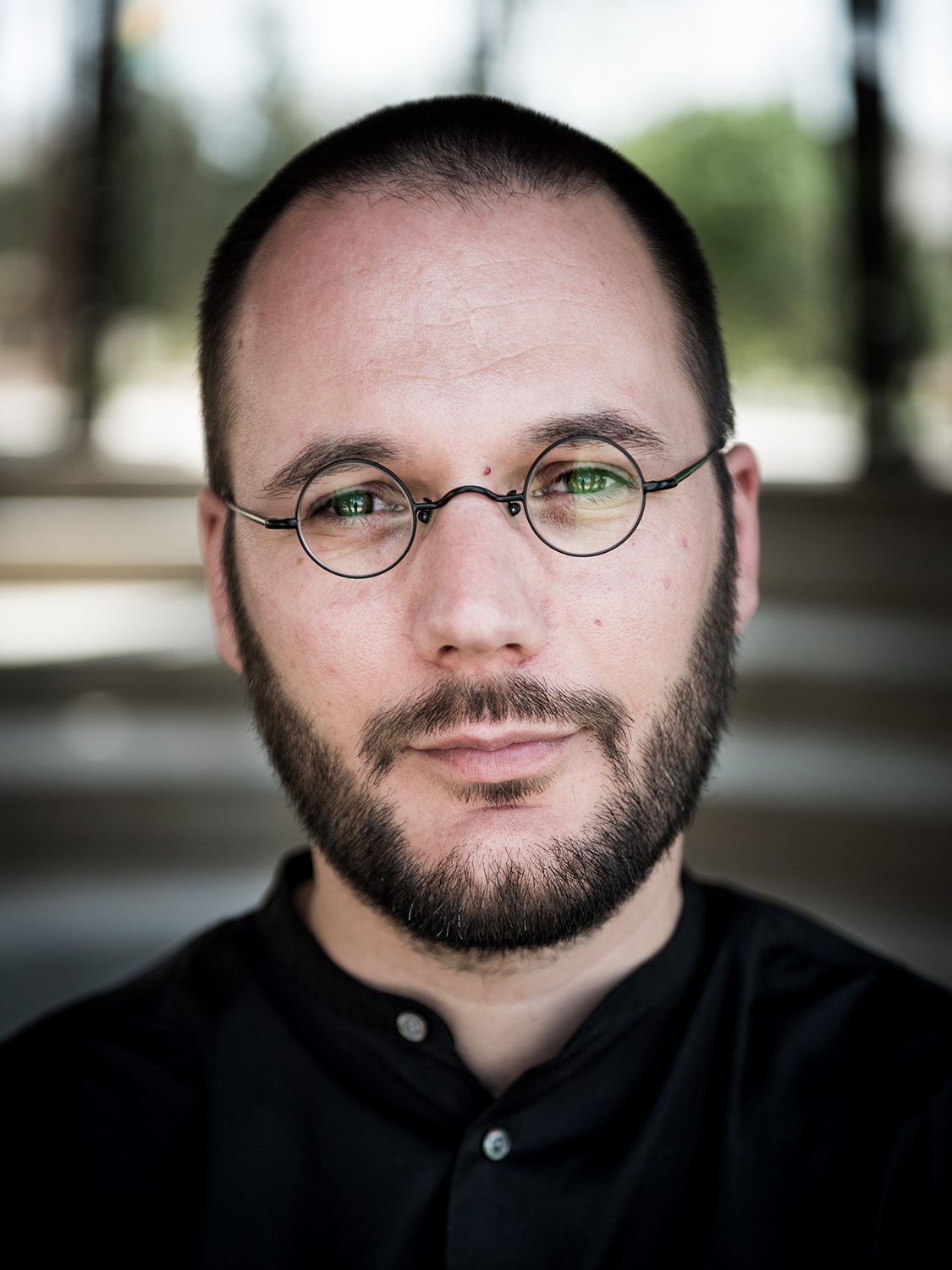About Jonas’ research at KNIR
My Swiss great-grandmother, Jeanne, was the nurse of the household of Dino Alfieri: Minister of Propaganda under Mussolini and subsequently, ambassador to the Vatican and to Nazi Germany. As an artist and a propaganda researcher, I aim to explore the history of my great-grandmother, who came from a peasant background in a small village in Switzerland, together with that of the more worldly bourgeois Alfieri and his family, with whom she remained in contact until the end of her life.
What does it mean to find the seeds of fascism within one’s own family, and what is the role of the family in the history and present-day manifestation of (neo)fascism? And how does the extrapolated family in (neo)fascism – the “nation” – which in propaganda theory we would call the “in-group”, use exclusions within its borders and in relation to its colonies to legitimize systemic violence applied to others, the so-called “out-group”?
Fascism is not so much a fixed ideology, but rather a set of reoccurring characteristics: authoritarian leadership, hatred of democracy, a cult of violence, the creation of an out-group (socialists, Jews, Roma, Muslims, the LGBTQI+ community) and the call to “return” to a mythical past. Often, (neo)fascism is presented with a revolutionary zeal, for example in the case of Mussolini, who claimed he would abolish class-based society, the monarchy and the role of the Church, while in reality strengthening all of them.
In that light, the theorist Rastko Močnik famously asked not whether a given societal situation is fascist or not, but rather he posed the question: “How Much Fascism?” Meaning that the seeds of fascism are in some way always present, the question is, are we aware of its seductive authoritarianism – what Pier Paolo Pasolini revealed as a form of “fascist joy” – both in society at large, and in the micropolitics of our community, our family?
Telling the story of my family simultaneous to the historical reality and present day manifestation of (neo)fascism, allows to engage exactly this complex truth: that fascism not so much returns, but exists as a continuous presence.
About the artist himself
Jonas Staal is a visual artist whose work deals with the relation between art, democracy, and propaganda. He is the founder of the artistic and political organization New World Summit (2012–ongoing). Together with Florian Malzacher he co-directs the training camp Training for the Future (2018-ongoing), and with human rights lawyer Jan Fermon he initiated the collective action lawsuit Collectivize Facebook (2020-ongoing). With writer and lawyer Radha D’Souza he founded the Court for Intergenerational Climate Crimes (2021-ongoing) and with Laure Prouvost he is co-administrator of the Obscure Union.
Exhibition-projects include Museum as Parliament (with the Democratic Self-Administration of Rojava, Van Abbemuseum, Eindhoven, 2018-ongoing), We Demand a Million More Years (Fondazione Sandretto Re Rebaudengo, Turin, 2022) and Extinction Wars (with Radha D’Souza, Gwangju Museum of Art, 2023). His projects have been exhibited widely at venues such as the Cooper Hewitt Smithsonian Design Museum in New York, V&A in London, Stedelijk Museum in Amsterdam, M_HKA in Antwerp, Centre Pompidou-Metz and the Nam June Paik Art Center in Seoul, as well as the 7th Berlin Biennale, the 31st São Paulo Biennale, the 12th Taipei Biennale and the 14th Shanghai Biennale.
Publications include Steve Bannon: A Propaganda Retrospective (Het Nieuwe Instituut, 2018), Propaganda Art in the 21st Century (The MIT Press, 2019) and Training for the Future Handbook (With co-editor Florian Malzacher, Sternberg Press, 2021). Staal completed his PhD research on propaganda art at the PhDArts program of Leiden University, the Netherlands.

